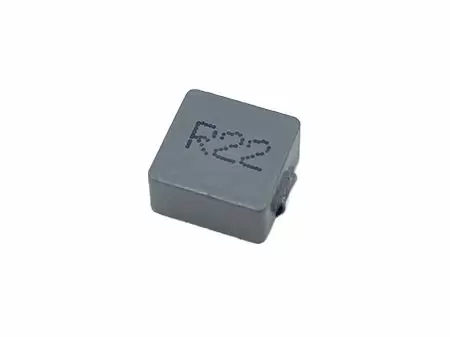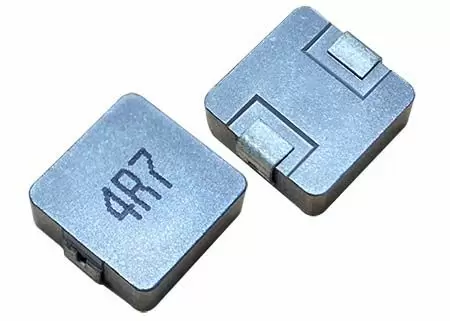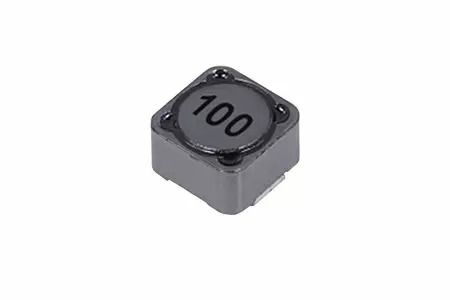How to Select the Right Molded Inductor Material for Automotive Applications
Molded inductors are a vital component in modern electronics, especially in industries like automotive and industrial automation. The choice of core material—such as Carbonyl Iron Powder, Alloy Materials—directly impacts the performance, reliability, and cost of these inductors. In this article, we analyze the characteristics of these materials and provide application-specific recommendations, helping engineers make informed decisions tailored to their industry needs.
Core Material Analysis
Carbonyl Iron Powder:
1.1. Characteristics -
* High saturation flux density, enabling high-current handling.
* Stable performance at high frequencies, making it ideal for applications exceeding 1MHz.
* Moderate core loss, suitable for balancing efficiency and performance.
1.2. Advantages -
* Excellent high-frequency performance for compact designs.
* Superior thermal stability, ensuring reliable operation in harsh environments.
Alloy Materials:
2.1. Characteristics -
* High permeability, ideal for low-frequency EMI suppression.
* Moderate core loss and good magnetic properties, particularly in the 100kHz to 1MHz range.
* Relatively lower cost compared to Carbonyl Iron.
2.2. Advantages -
* Cost-effective for mass production.
* Suitable for high-current applications due to its high saturation flux density.
2.3. Limitations -
* Higher core losses at frequencies above 1MHz.
2.4. Suggest Applications -
* Industrial automation equipment, including motor drives and power supplies.
* Automotive power modules operating in the mid-frequency range.
Application-Specific Recommendations
Automotive Industry
1. High-Power Applications (e.g., DC-DC Converters for Electric Vehicles):
* Recommended Material: Carbonyl Iron Powder.
* Why: High saturation flux density allows it to handle the higher current demands of EV power systems, while its thermal stability ensures consistent performance in extreme temperatures.
2. Power Modules and EMI Filters:
* Recommended Material: Alloy Materials.
* Why: Cost-effective solution with sufficient current handling and EMI suppression for mid-frequency automotive power systems.
3. Infotainment Systems:
* Recommended Material: Carbonyl Powder or Alloy Powder
3.1 Carbonyl Powder: Excellent high-frequency performance and stable operation, ideal for low-power, high-frequency applications.
3.2 Alloy Powder: Cost-effective and sufficient for moderate performance requirements, suitable for less demanding infotainment systems.
The selection of molded inductor materials plays a significant role in determining the performance, reliability, and cost of electronic systems. For the automotive industry, Carbonyl Iron Powder is ideal for high-power, high-performance applications, while Alloy Materials offer a cost-effective solution for mid-frequency systems. Ferrite is best suited for lightweight, high-frequency applications with lower current requirements.
By understanding the characteristics and applications of each material, engineers can make optimal design decisions tailored to their specific industry needs.
Contact Us
Looking for the perfect molded inductor material for your automotive or industrial project? Contact us today for expert guidance and tailored solutions!
- Related Products
2.2uH, 14A Carbonyl Powder Low Profile Molded Power Inductor
SEP0603EB-2R2M-LF
Our molded power inductors, utilizing high-purity Carbonyl Iron Powder, are specifically designed...
Details Add to List2.2uH 10A 0630 Alloy Powder Molded power choke inductor
SEP0603EN-2R2M-LF
Alloy Powder Molded Power Inductor: where cutting-edge inductive technology meets modern design....
Details Add to List10uH 11.2A High Efficiency Inductor with dimension 12*12*7mm
SDS127H-100M-LF
10uH 11.2A Wirewound Surface mount Shielded Inductor with dimension 12*12*7mm, a compact powerhouse...
Details Add to List



